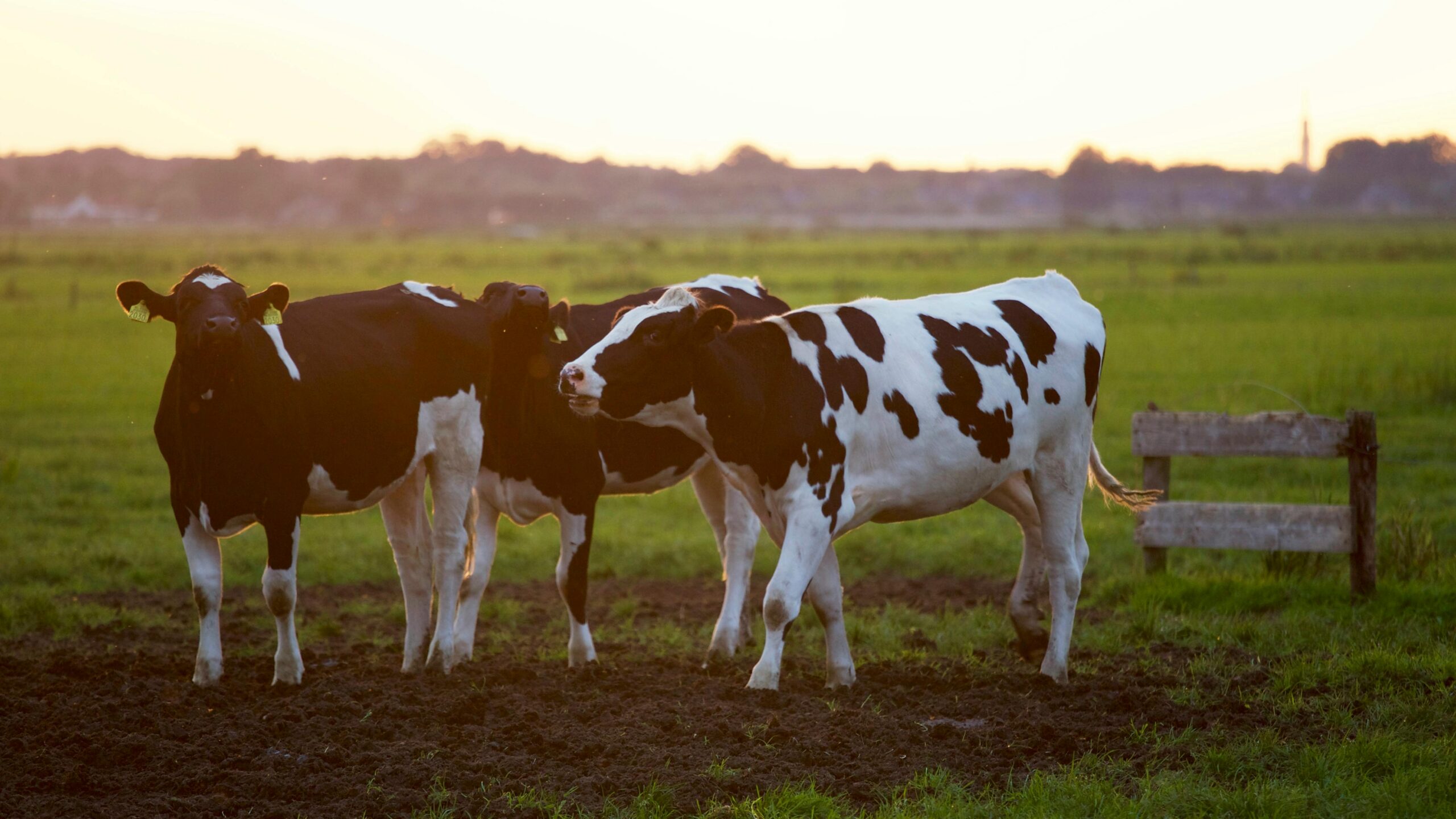Veganism is more than a diet; it's a lifestyle rooted in the moral belief that animals deserve ethical consideration and should not be exploited for human benefit. At the core of veganism lies the intricate landscape of animal rights, where moral principles guide individuals to question the ethical implications of their choices and behaviors.
The moral argument for animal rights draws attention to the complex question of how we, as humans, interact with sentient beings who share this planet with us. It challenges us to consider the ethical implications of using animals for food, clothing, entertainment, and scientific research. By delving into this ethical terrain, we can explore the principles that underpin the vegan philosophy and the implications for our treatment of animals.
Central to the moral argument for animal rights is the concept of speciesism, a form of discrimination based on species membership. Just as racism and sexism are widely recognized as morally unjust, veganism aims to illuminate the injustices inherent in speciesism. The fundamental question arises: Do animals have inherent value and the right to live free from human exploitation?
Vegans argue that, like humans, animals possess the capacity to experience pleasure, pain, fear, and joy. The moral imperative then becomes to extend our circle of compassion to include all sentient beings, acknowledging their intrinsic worth and right to live without unnecessary suffering. This challenges the traditional anthropocentric view that places humans at the center of moral consideration, often at the expense of animals.

The ethical compass of veganism also points to the environmental impact of animal agriculture. The mass production of animal products not only contributes to deforestation, water depletion, and greenhouse gas emissions but also raises questions about the allocation of resources and global food security. Veganism advocates for a more sustainable and compassionate approach to food production, aligning with ethical concerns about environmental stewardship and the interconnectedness of all life forms on Earth.
The moral argument for animal rights transcends individual dietary choices; it extends to systemic practices and policies that perpetuate the exploitation of animals. This encompasses the treatment of animals in industrial farming, the use of animals in entertainment and sport, and the ethical considerations in scientific research involving animals. It calls into question the balance between human interests and the ethical treatment of sentient beings, challenging us to reassess our societal norms and practices.
In navigating the moral landscape of animal rights, proponents of veganism emphasize the importance of informed consumer choices and advocacy for policy changes that align with ethical principles. This involves raising awareness about the conditions of animals in various industries, supporting cruelty-free products, and engaging in dialogue to promote compassionate and sustainable alternatives.
As we ponder the moral argument for animal rights within the context of veganism, we encounter a profound ethical question: How can we live in harmony with animals, respecting their inherent value and right to dignity? The vegan philosophy offers a compelling response, inviting individuals to reconsider their relationship with animals and to strive for a world where compassion and ethical consideration extend to all sentient beings.
In conclusion, the moral argument for animal rights in the context of veganism challenges us to critically examine the ethical implications of our interactions with animals. It calls for a shift away from the entrenched norms of speciesism and toward a more compassionate and ethical approach to our treatment of sentient beings. By embracing the principles of veganism, we embark on a journey guided by moral considerations that seek to uphold the rights and dignity of all living creatures, creating a more compassionate and equitable world for animals and humans alike.
Michaela Pontiki










